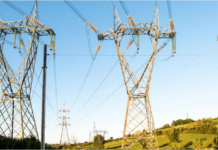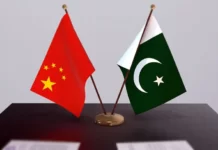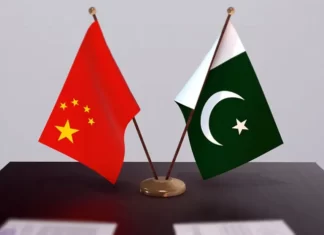Outstanding receivables owed to power projects under the China–Pakistan Economic Corridor (CPEC) have climbed back to Rs450 billion, despite the government’s earlier release of Rs100 billion ahead of Prime Minister Shehbaz Sharif’s recent China visit, Business Recorder reported, citing officials at the Private Power and Infrastructure Board (PPIB).
The mounting dues have frustrated Chinese independent power producers and alarmed other foreign investors.
BR cited some senior government sources as saying that Qatar’s Al-Thani Group, which invested over $1 billion in the 1,320 MW Port Qasim coal-fired power project, has now formally indicated its intention to divest its 49% stake as early as possible.
The Port Qasim project consists of two 660MW supercritical coal units developed jointly by Qatar’s Al-Mirqab Capital and China’s Power Construction Corporation under a $2.09 billion CPEC venture.
In a letter sent to multiple ministries, Port Qasim Electric Power Company (PQEPC) CEO Wang Dongfang wrote that the project has “continuously provided clean, reliable and economical electricity to the national grid,” but warned that payment delays have reached a critical level.
The letter stated the project’s outstanding dues stood at Rs80.8 billion ($288 million) as of November 10, reflecting a delay of more than six months, and cautioned that the figure could further escalate.
The CEO said both Chinese and Qatari sponsors have expressed significant discontent and urged the government to take immediate measures to reduce the backlog. PQEPC argued that its Energy Purchase Price tariff remains competitive compared with oil- and RLNG-based plants, making timely payments essential to ensure uninterrupted power generation.
The company also cautioned that prolonged non-payment risks triggering loan defaults and could breach government guarantees extended to the project.
Given the deteriorating financial position of CPEC IPPs, the CEO asked authorities to coordinate with the Central Power Purchasing Agency–Guaranteed (CPPA-G) to arrange funds for clearing overdue amounts as early as possible.
Officials said the government is monitoring the situation, but a clear payment plan has yet to be finalised.
























